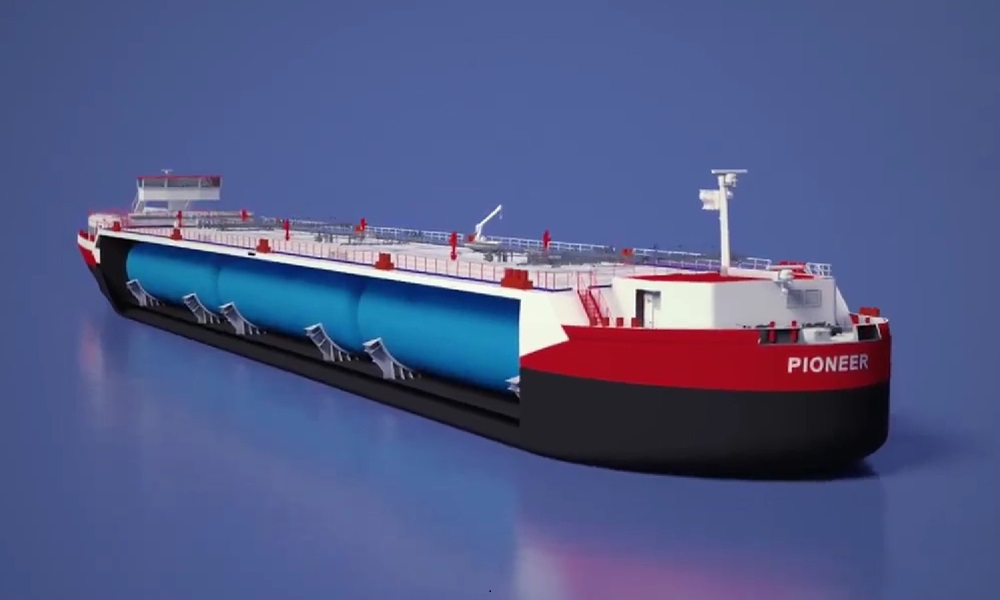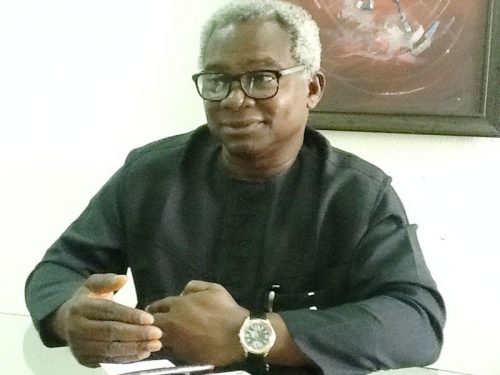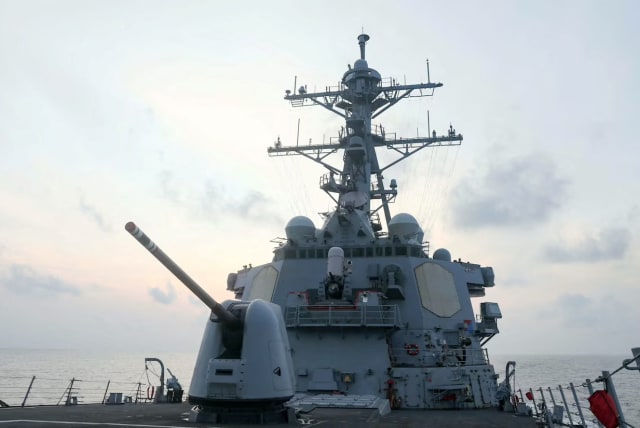Germany’s HGK lays out new concept for shipping ammonia and CO2 on inland waterways

Germany’s HGK Shipping, one of the top inland shipping names, has revealed plans to build a new type of liquified ammonia and carbon dioxide (LCO2) carrier for Europe’s waterways.
Part of Häfen und Güterverkehr Köln, the company that owns and operates around 350 inland vessels, said it has developed a concept that will enable it to transport gases both in a cold liquefied and pressure liquefied form for the very first time in the industry.
Ammonia can currently only be shipped on board an inland vessel from the ports to destinations further inland if it has been liquefied under pressure. The new diesel-electric and ammonia-ready 135 m long and 17.5 m wide vessel will be able to carry ammonia at temperatures as low as -33°C and accommodate significantly larger volumes than current gas tankers due to its size.
HGK Shipping said that this will also do away with elaborate handling processes at the ports, which have been associated with energy-intensive heat treatment in the past, adding that the concept also paves the way for these new kinds of vessels to be able to remove quantities of CO2, from industry’s production sites in liquid form.
“It won’t be possible to simply transport all the predicted volumes of hydrogen and its derivates, such as ammonia, but also liquefied carbon dioxide, along pipelines. That’s why we’re offering the market efficient alternatives using inland waterway shipping as the mode of transport,” said Steffen Bauer, the chief executive of HGK Shipping.
The company did not reveal when the ship under the project dubbed Pioneer should enter the market but said that it has been specially developed for traffic between the Antwerp, Amsterdam and Rotterdam (ARA) ports and destinations further up the river Rhine.





